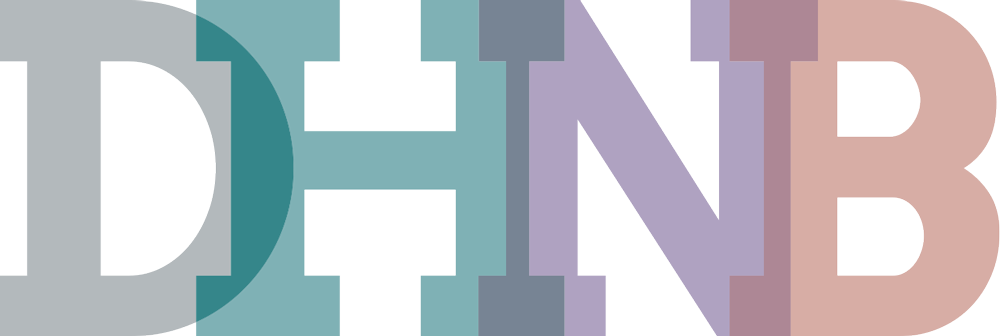
DHNB Chair and DHNB2023 Co-Chair
Since April 2022, I have been...
Digital Humanities Higher Education in Norway – A Preliminary Survey
Last week, DHN had its 2nd...
Storify from DHN2017 Conference in Gothenburg
I leave this here without comments…...